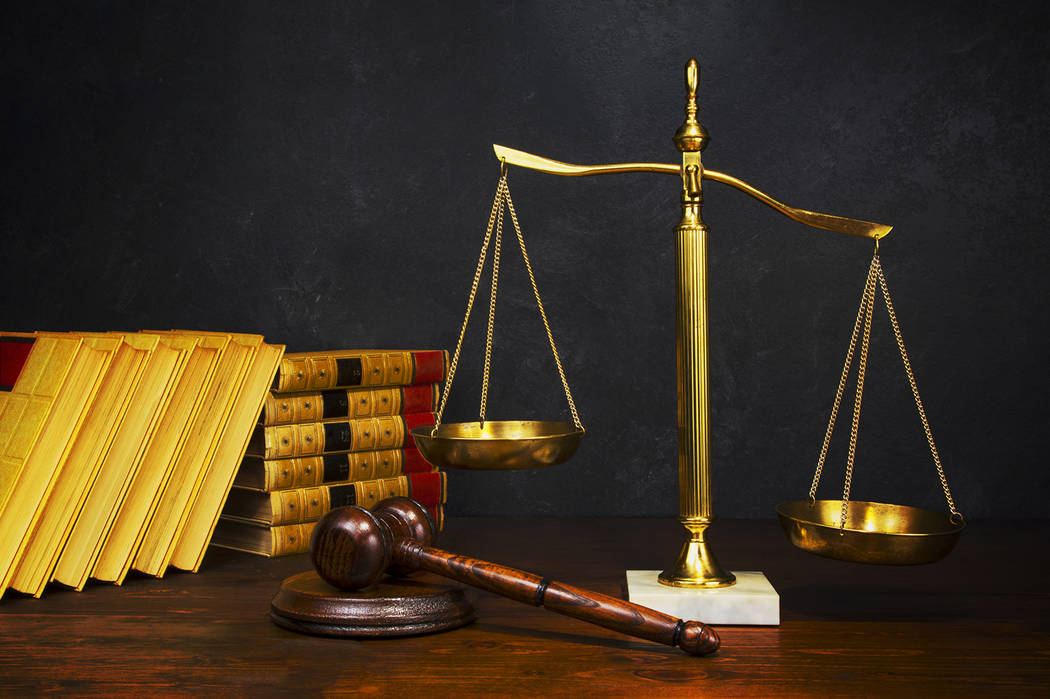Dennis Myers: Who are public counsel really representing?
Lawyers who work for government are called public counsel. What is not clear is whether they are counsel representing the public or the government.
I was reminded of the issue when I read this in a Las Vegas Review-Journal article: “The district attorney’s office, which represented the coroner, argued officials could withhold the records because they included private medical information. The county also said state law prohibits the release of the records because the documents are reviewed by committees that investigate suspicious deaths.”
The issue in the dispute was whether the public could have access to records of the Oct. 1 concert killings in Las Vegas. Why wasn’t the district attorney representing the public?
Obviously, sometimes public counsel cannot represent both.
Public counsel argue over this issue. I have heard some lawyers get almost irate over the notion that a public counsel’s client is the public instead of the government.
For a very long time, they clearly represented government, agencies, elected officials, and so on. But in the 1950s and ’60s the role of public counsel began evolving. Former Alabama attorney general William Baxley once wrote, ““Government, both federal and state, has increased in size and, while becoming involved in more aspects of our private lives, has become more removed from our immediate control.
As a consequence, the state’s attorney has had to assume an ambivalent posture in some instances. Quite simply, the actions of governmental entities are now often at odds with the public interest … because a government entity derives its legitimacy from the public, or the people, when the public’s interest is in conflict with that of the governmental entity, the state’s attorney is obligated to represent the public.”
Brian McKay, Nevada’s attorney general for eight years, once told me that the issue is pretty well settled in this state by statute.
“Elected attorneys general, especially, are politicians, so it’s a great catchphrase to say that you’re the attorney for the people, right?” he said. “But the fact of the matter is, the way that most statutory schemes are set up is that we represent the state agencies. And there are times, certainly, when conflicts could occur.”
In other jurisdictions, some public counsel have more latitude and can choose for themselves who is their client.
One of the things that can influence who is the client is how the public counsel is selected. In Reno and Sparks, the city attorneys are elected. This gives them some independence from the city councils.
Unfortunately, everywhere else in the state, city attorneys are appointed. This leads to a coziness and a dependence that can make the counsel give the advice the elected officials want to hear instead of the advice they need to hear.
Dennis Myers is an award-winning journalist who has reported on Nevada’s capital, government and politics for several decades. He has also served as Nevada’s chief deputy secretary of state.











